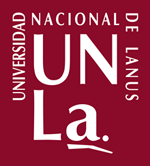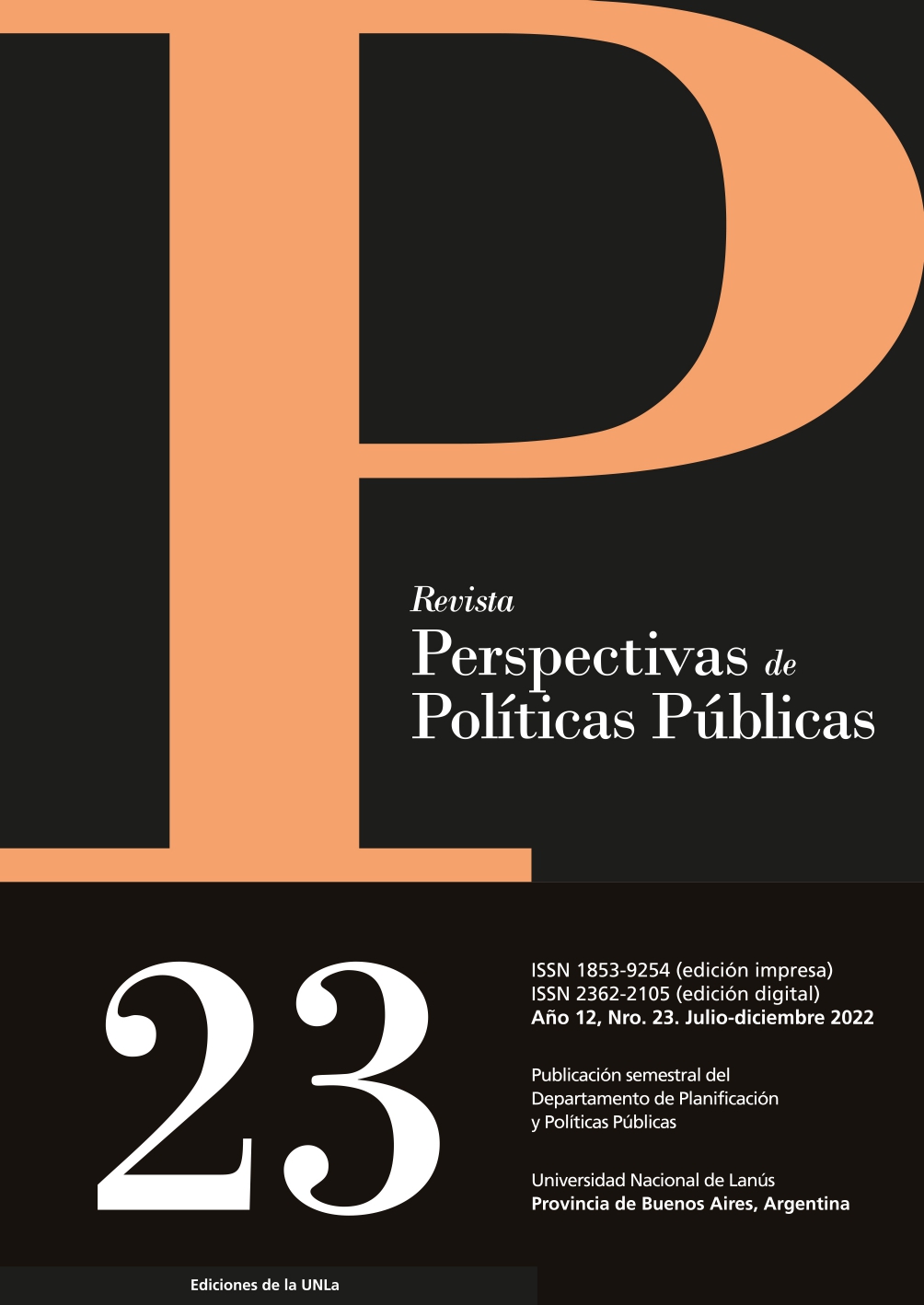Qualitative Participatory Evaluation in Mexico: A case study on social infrastructure
Abstract
The discipline of public policy and the field of evaluation have long favored a quantitative approach to assess the results of government programs and policies. They are successful if they meet their objectives. However, it is increasingly common to find academic and technical works that defend the importance of using qualitative tools focused on the beneficiary population. Therefore, this paper, under the perspectives of qualitative and participatory evaluation, studies the FAIS, a Mexican federal government program, and proposes a model to help interpret beneficiaries’ perception of the public goods and services received.






